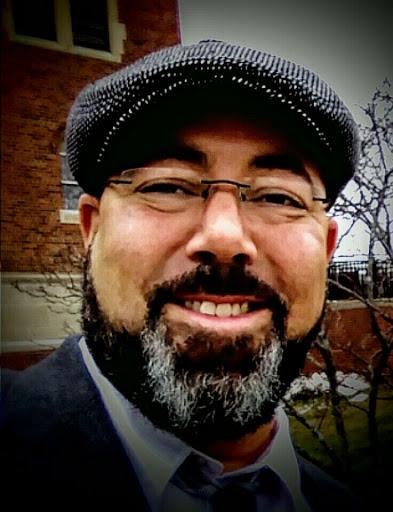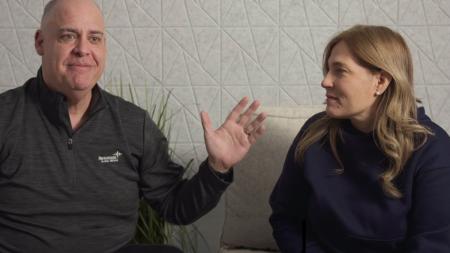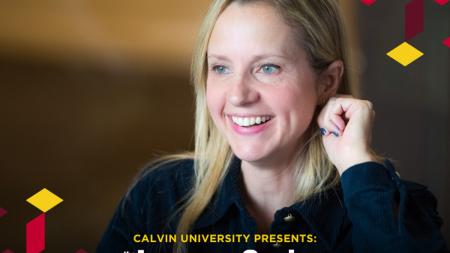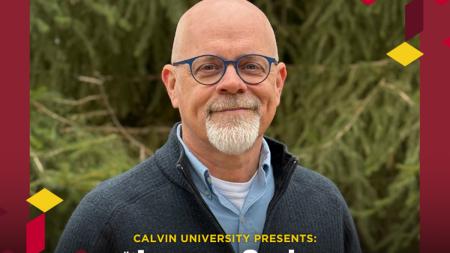Former Prisoner Seeks to Help Others

Troy Reinstra
After being released last year from prison, Troy Rienstra wasted no time working on his dream of finding ways to welcome prisoners such as himself back into society.
He knows that he is starting from the ground up and there is a lot of work to do.
But Rienstra is committed is helping others in a grassroots effort, which he described in a May 2016 Banner article as developing “training in restorative practices and principles, equipping participants with tools on their journey toward reconciliation with God, themselves, and others.”
“When I was in prison, I was already working on this and putting the program together with others. I wanted to create an inroad to help people change,” he said.
Also while he was in prison, Rienstra took distance-learning theology classes and played a role in helping to support and make connections for the formation of Celebration Fellowship, a CRC congregation meeting at the Ionia Correctional Facility in Ionia, Mich.
Now that he is on parole, said Rienstra, he has been busy visiting with as many criminal justice-related ministries and organizations as possible in West Michigan, trying to build interest in and connections to what he is calling the Network for REAL Change.
The network has the mission of “creating safer communities by educating, encouraging, and empowering returning citizens, men and women exiting jails and prisons, through a program using restorative justice, citizenship, and entrepreneurial training,” said Reinstra.
To do this, he hopes to soon begin offering training to ex-offenders seeking to make a better life for themselves.
Rienstra served 22 years of a life sentence for being an accessory to an armed robbery and experienced a conversion to Christianity in 2002 in prison that has shaped his life ever since.
His work is connected to the prison outreach program of Church of the Servant, the CRC congregation in Grand Rapids of which he is a member.
At the center of the work he is doing, he said, are the principles of restorative justice, a process that asks lawbreakers to take a hard look at themselves to become aware of why they got into trouble and to seek ways to restore and rebuild the hurt they have caused to others and to society — and to themselves.
“I believe it’s important for prisoners to have the chance to participate as citizens when they get out,” he said. “They need the chance to learn how to be good neighbors, to be accountable, and to ask themselves how they will give back.”
Being a returning citizen, Rienstra said,, has had its challenges and joys for him. “When I got out, I was afraid of the dark and of being alone,” said Rienstra. “But there are also days when it is great to be free, to just look up at the sky.”
He has also had some important learning experiences, such as when he was given a tour of a downtown Grand Rapids homeless shelter that offers a range of services to men, women, and children.
“I learned that some guys get out of prison and just show up there wearing their browns [clothes they were given in prision] and have nothing else and nowhere to go,” he said.
Then he met with a group of women whose sons or grandsons are in prison or who lost loved ones to violence. “I sat in that room and saw how raw and broken they were. These women are hurting so bad.”
These experiences and others help to keep him going to build a ministry to ex-offenders who, said Rientra, haven’t had the kind of support he has had from his parents and others both while he was in prison and now that he is out.
“I am so fortunate to have the support of those who have come alongside of me, but now I’m also trying to walk in the shoes of those who haven’t been as fortunate as I have been,” he said.


